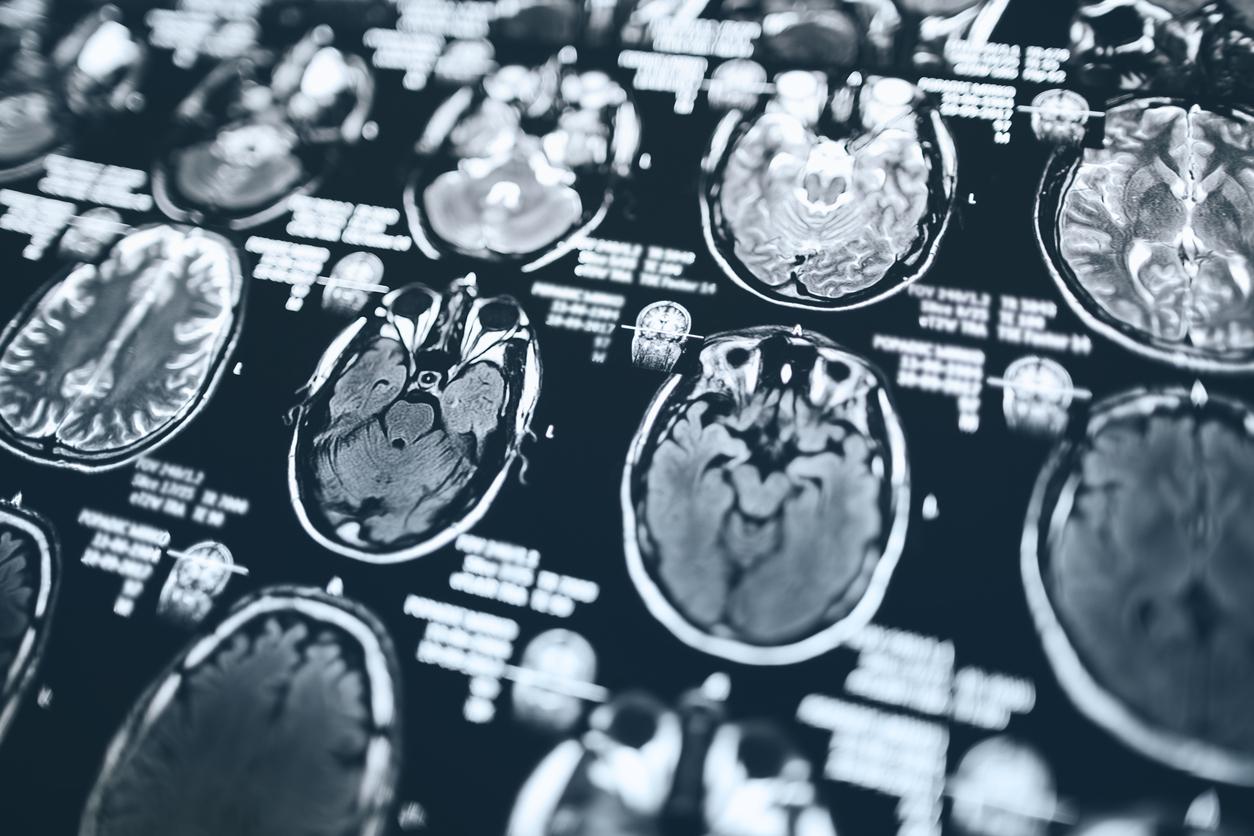Researchers have highlighted the crucial role of the circadian cycle in the fact that certain health disorders, such as asthma attacks, occur more often at dawn.

- A study reveals that the biological clock, via the BMAL1 protein, plays a key role in the body’s response to lack of oxygen (or hypoxia). BMAL1 stabilizes the HIF-1α protein, essential for activating genes to manage hypoxia.
- In the absence of both proteins, the study mice showed increased mortality at night, as well as symptoms similar to hepatopulmonary syndrome, where liver dysfunction disrupts oxygenation to the lungs.
- These findings shed light on the links between liver and lungs, and could inspire new treatments for diseases linked to hypoxia and circadian rhythms.
Asthma, heart attacks and other serious health conditions tend to occur more frequently in the early morning hours. A team of researchers from the Weizmann Institute of Science in Israel has just shed more light on the physiological mechanisms behind this phenomenon. Their study, published in the journal Cell Metabolismreveals the crucial role of BMAL1, a circadian cycle protein, in the body’s response to lack of oxygen, an essential condition for survival.
The biological clock at the heart of the mechanism
The circadian cycle, our internal 24-hour clock, influences many biological processes. The BMAL1 protein, a key component of this cycle, regulates the body’s response to oxygen deficiency (or hypoxia). This response also involves HIF-1α, another player identified as central in the activation of genes necessary to manage stress linked to lack of oxygen. The researchers showed that BMAL1 stabilizes and activates HIF-1α, allowing an optimal response. In its absence, this response is altered, which could explain the temporal variations in health crises linked to hypoxia.
To further explore these mechanisms, the team studied genetically modified mice incapable of producing BMAL1, HIF-1α, or both in their livers. Subjected to low oxygen conditions, mice lacking both proteins showed high mortality during the night, but not during the day. “This observation underlines the determining and temporal role of the BMAL1 – HIF-1α combination in the management of oxygen deficiency”specify the scientists in a press release.
Unexpectedly, the researchers found that the mice’s death was not due to major liver damage, but to a reduction in the lungs’ ability to absorb oxygen. The mice showed symptoms similar to hepatopulmonary syndrome, a condition where liver abnormalities disrupt lung function.
Towards new therapeutic avenues
Researchers suspect a disruption in communication between the liver and the lungs, particularly via certain specific proteins. These could play a key role in the dilation of pulmonary blood vessels, leading to poor oxygenation.
This work opens the way to treatments targeting these proteins, which could provide relief to patients suffering from hepatopulmonary syndrome. More broadly, they reveal how the circadian cycle influences bodily responses to physiological stress, providing new understanding of biological rhythms and their impact on health.


















